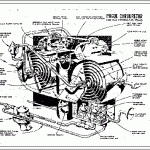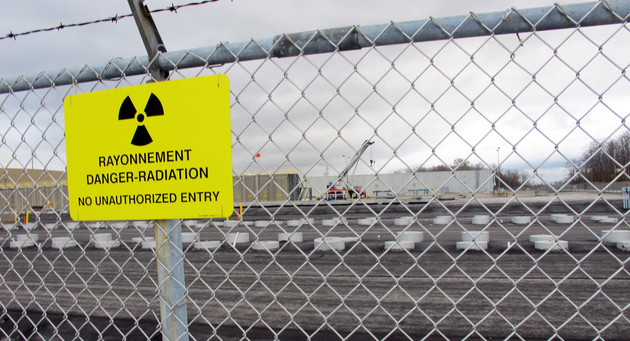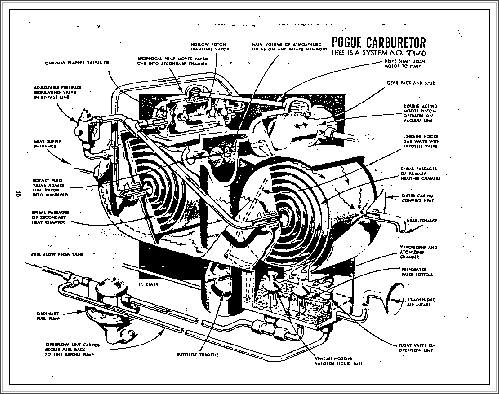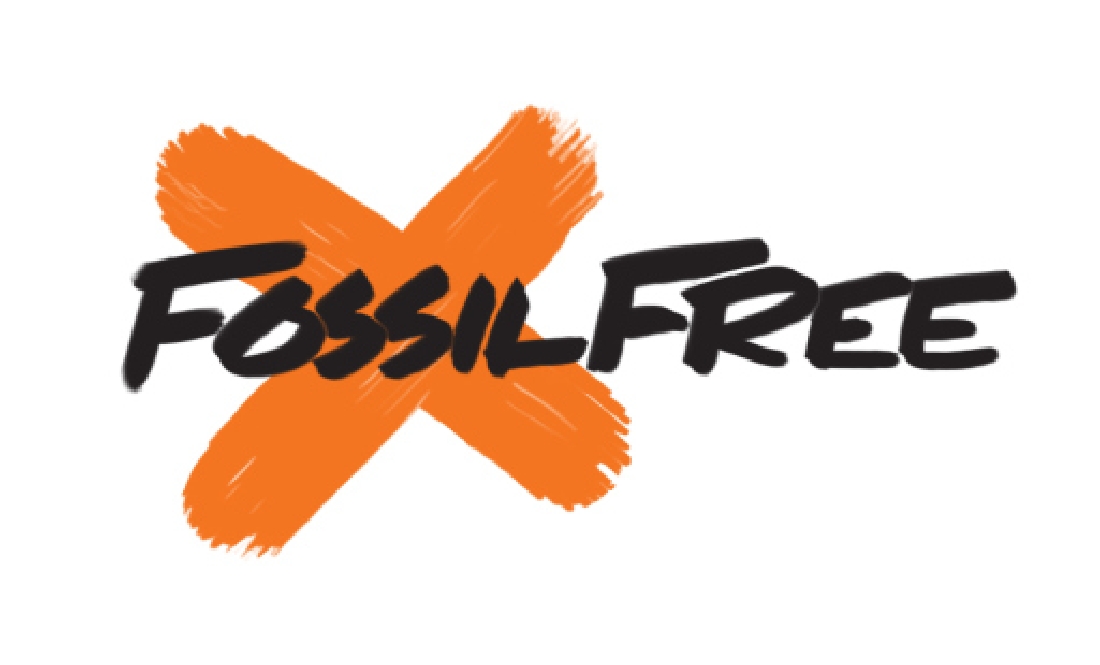As lawmakers from the Great Lakes region reject Canada’s latest plan to bury nuclear waste near Lake Huron, concerns about the potential risks and consequences of such a proposal continue to mount. Despite the Canadian government’s assurances that the site is safe and well-designed, many local officials and environmental groups remain skeptical and vocal in their opposition.
Background: The Proposed Deep Geologic Repository Site
The proposed Deep Geologic Repository (DGR) site in Ontario, Canada, is intended to store low- and intermediate-level radioactive waste from nuclear power plants and medical facilities. The plan has been in the works for over a decade, with extensive scientific studies, public consultations, and regulatory reviews conducted by the Canadian Nuclear Safety Commission (CNSC) and other agencies. The site is located on the Bruce Peninsula, near the Bruce Nuclear Generating Station and about 1.2 kilometers from Lake Huron, one of the largest freshwater lakes in the world and a vital source of drinking water, recreation, and tourism for millions of people.
The Opposition: Risks, Alternatives, and Legal Challenges
Despite the lengthy and thorough review process, opponents of the DGR project argue that it poses unacceptable risks to the Great Lakes ecosystem, economy, and public health. Some of the key concerns raised by critics include:
- The proximity of the site to Lake Huron and the potential for groundwater contamination, especially in case of a leak or breach of the waste containers.
- The long-term safety and stability of the geologic formation that would host the waste, which is subject to natural forces such as earthquakes, erosion, and glaciation.
- The lack of viable alternatives to the DGR, such as above-ground storage, reprocessing, or transportation to other sites that are more remote or geologically stable.
- The potential economic and reputational damage to the Great Lakes region, which relies heavily on tourism, fishing, shipping, and other industries that depend on clean water and a pristine environment.
- The possible violation of international agreements, such as the Great Lakes Water Quality Agreement and the Boundary Waters Treaty, which require Canada and the United States to consult and cooperate on matters that affect the shared waters and resources.
To express their opposition, several Great Lakes states and provinces have taken legal and political actions, including:
- Passing resolutions or bills that condemn or prohibit the DGR project, such as Michigan’s Senate Resolution 22 and Ontario’s Nuclear Fuel Waste Act.
- Filing lawsuits or interventions to challenge the CNSC’s decision to approve the DGR project, such as Michigan’s lawsuit in the Federal Court of Canada and the Saugeen Ojibway Nation’s legal challenge in the Ontario Superior Court of Justice.
- Engaging in public outreach and education campaigns to inform the public and policymakers about the risks and alternatives of the DGR project, such as the Stop the Great Lakes Nuclear Dump coalition and the Save Our Saugeen Shores group.
The Future: Uncertainty, Complexity, and Collaboration
As the debate over the DGR project continues, it is clear that the issue is far from resolved and that many factors will influence its outcome. Some of the key factors to watch include:
- The outcome of the legal challenges and regulatory reviews, which could overturn or modify the CNSC’s decision or delay the project indefinitely.
- The changing political and social contexts, which could shift public opinion, election results, or diplomatic relations between Canada and the United States.
- The evolving scientific and technological knowledge, which could provide new insights or solutions to the challenges of nuclear waste management and disposal.
- The potential for collaboration and cooperation among stakeholders, which could lead to a more inclusive and sustainable approach to managing nuclear waste in the Great Lakes region and beyond.







